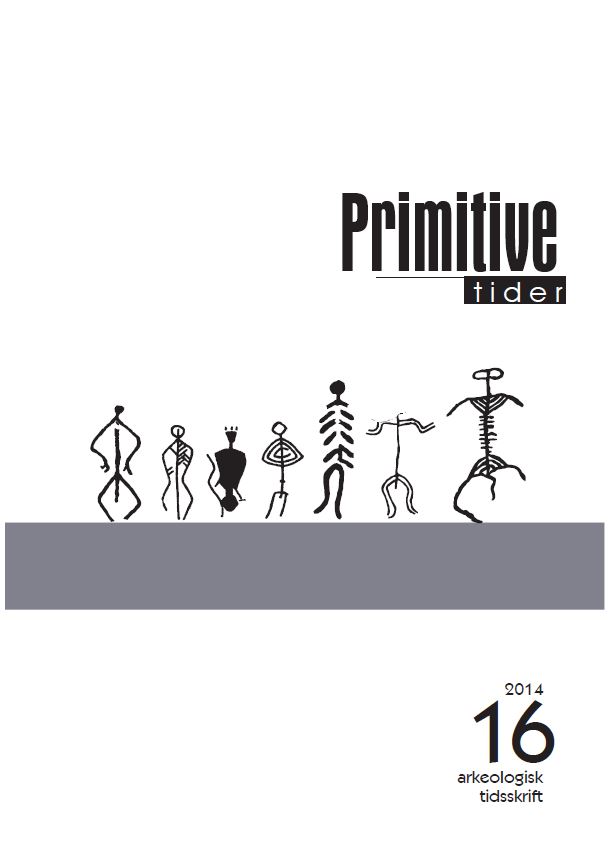Fetisjering i arkeologiske forklaringer
DOI:
https://doi.org/10.5617/pt.7210Abstract
Fetishism in archaeological explanations. This paper
engages in the age-long debate on subject/object-relations
in Archaeology: Do we study things as materials and objects
in themselves, or things as remnants after past subjects and
societies? It is argued, from a theory of science-perspective,
that Archaeology is particularly prone to fetishize objects
in explanations, due to its extraordinary hermeneutical
position, which have resulted in a downgrading of
archaeology’s ontological ambitions. Fetishism is here
defined as "a displacement of meaning" (Dant 1996:498-499), which is deemed as unwanted in the scientific community.
In a virtue-ethical way, a norm of responsibility is presented
to counteract the specific forms of fetishism that tend to
occur in archaeological explanations. The virtue states that
responsibility obtains in an archaeological explanation, and
thus makes it "good", by subscribing to the right object,
the right amount of causal responsibility. By comparing
Symmetrical and Social Archaeology to Phenomenology, it
is argued that all fail to comply with this norm by fetishizing
either the object or subject of inquiry. Most spectacularly
fails Symmetrical Archaeology, and in general more
intuition-based Phenomenology.
Downloads
Published
Issue
Section
License
Articles from 2021 is licensed under the Creative Commons Attribution 4.0 International.
© CC BY-NC (2014–2020)
Articles between 2014 and 2020 is licensed under the Creative Commons Attribution-NonCommercial 4.0 International.
© Author(s) (1998–2013)
Articles between 1999 and 2013 is protected by copyright law. Without explicit authorisation, reproduction is only allowed in so far as it is permitted by law or by agreement with a collecting society.


